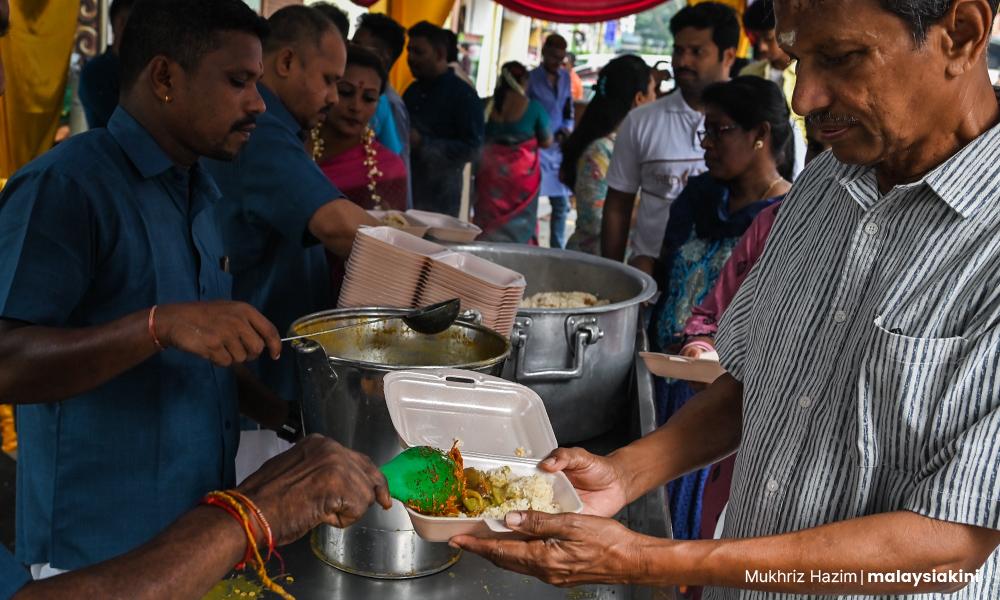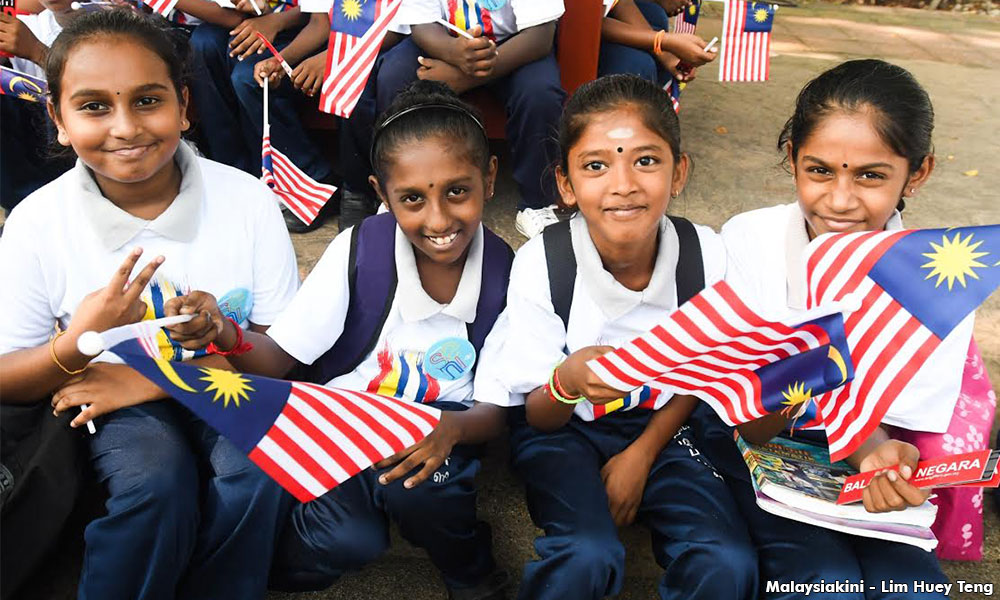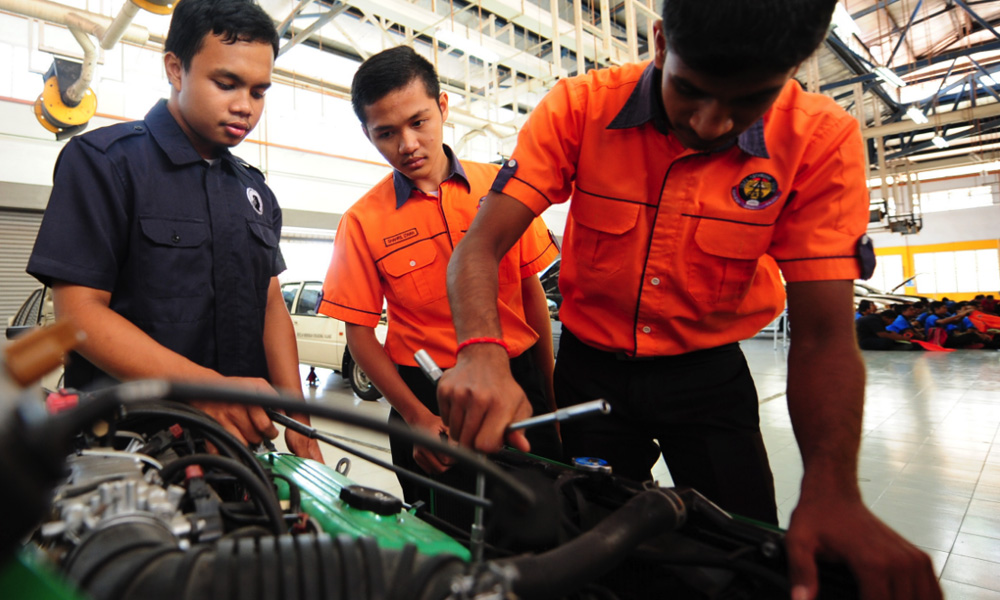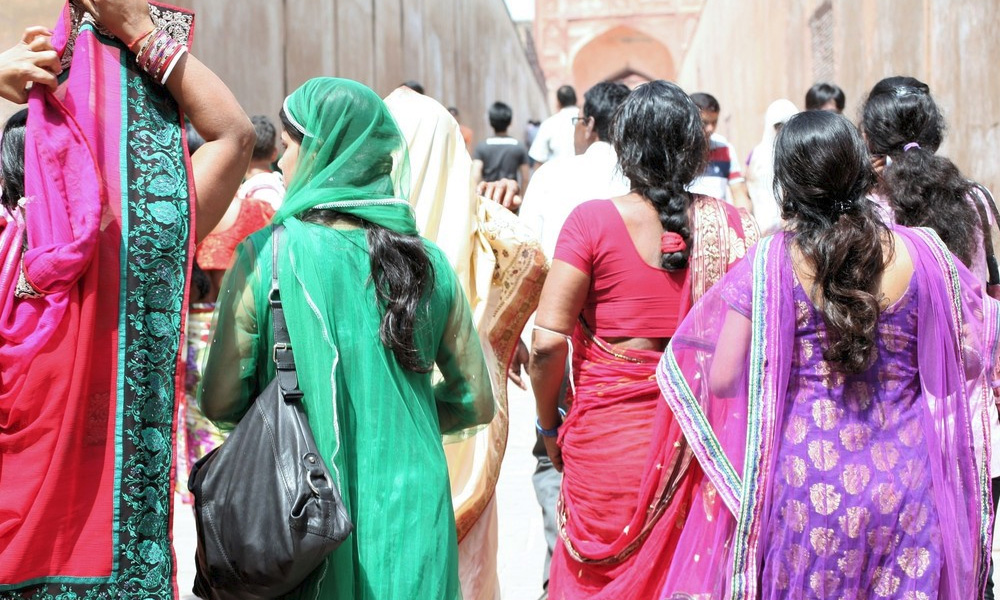MP SPEAKS | Some time back, during a MIC function, Prime Minister Anwar Ibrahim was quoted as saying, “We know that the majority of those in poverty are Malays but we need to confront the reality that the poorest of the poor happen to be ethnic Indians.
“As such, we don’t need a Malay or Indian policy for poverty eradication, we need a Malaysian policy that caters to addressing poverty for every single Malaysian regardless of race.”
While it is an acceptable principle that one has to eradicate poverty without ethnic distinction, approaches have to defer when the poorest of the poor happen to be of a certain community or communities having a similar predicament.
Unless the complex nature of poverty with its various variables is addressed, the issue related to poverty among minority communities will not be adequately addressed.
In a world where benefits only flow to those who have the economic means, it is the government and civil society’s responsibility to empower its disadvantaged citizens.
Here are critical factors of poverty that need to be taken into consideration when addressing issues related to the Indian community.
Discrimination
Merdeka Center’s 2024 National Youth Survey provided critical insights into the ongoing racial dynamics in Malaysia, particularly the discrimination faced by Indians.
According to the survey, the Indian community continues to feel marginalised within Malaysian society, with 62 percent of Indians reporting that they experience unfair treatment and discrimination and only 28 percent feel they are fairly treated.
It contrasts sharply with the 57 percent of Chinese who feel their community receives unfair treatment and 40 percent who feel they are fairly treated.
It is vital for the Madani government to comprehensively address the issue of discrimination, since in the Malaysian context, political and socio-economic priorities are usually geared towards the ethnic majority, which is considered an important voting block and a crucial platform for power and legitimacy.
There is also a need to address discrimination in employment and the business sector since the majority of the Indian community who compete in the private sector are not evaluated on merit.
For example, many Indians today are competing with foreign workers for jobs. Lately, I was told that an Indian girl who was seeking employment in a hotel for a housekeeping position was turned away for no vacancy.
The real reason was the position concerned was filled up by foreign workers who were able and willing to work 12-hour shifts.

Unless this Indian girl can add value to the industry, she will be consistently rejected in jobs that are held by foreign workers.
There was also a case where an Indian girl was chosen for an internship in the finance department of a firm but was later rejected when she arrived on the first day by the finance department boss who was not present during the initial interview. That particular department is made up of all Chinese.
Indians are inadequately represented in the public sector and face discrimination in professions such as finance and accounting in certain industries in the private sector.
Indian traders have also complained that prices they receive from suppliers of a certain ethnic group are much higher when compared to those who are of the same ethnicity as the suppliers.
There is a need for anti-discrimination laws in the employment and business sectors.
Education
The issue of Indian students dropping out at the primary and secondary school levels has become increasingly obvious during and after the Covid-19 pandemic.
Many students from B40 families were unable to continue their education due to poverty and the rising cost of living. Factors such as transport costs and other essential needs significantly contribute to the student dropout rate.
Moreover, the academic performance of Indian students in the SPM examination has been unsatisfactory. Almost 60 percent of Indian students who sat for SPM achieved fewer than three credits, severely limiting their chances of pursuing higher education.

This situation requires urgent attention from all stakeholders to ensure equitable access to quality education for every student.
In 2023, 10,160 out of 395,870 registered candidates did not attend the SPM examination, with more than 15 percent estimated to be Indian students. The figure is double the percentage of their population, underscoring the need for targeted interventions to address the systemic barriers these students face.
Collaborative efforts among communities, educators, and policymakers are essential to create supportive environments that facilitate educational continuity and success for all students.
We acknowledge the government’s willingness to consider the enrolment of these students in technical and vocational education and training (TVET) programmes. While we welcome this plan, we urge the government to implement more comprehensive interventions to ensure successful enrolment in TVET.
To make this enrolment feasible, the government must allocate grants to create awareness and provide hand-holding activities throughout the application, enrolment, and completion processes.

Many students from poor backgrounds may lack the motivation and capacity to cover the various expenses associated with enrolment, such as logistics to the training centre, basic living items, and registration fees.
In addition, language classes and character modules must be incorporated as part of their skill training to ensure they are employment-ready.
Program Latihan Madani (PLM), an initiative dedicated to empowering Malaysia’s micro-SMEs and communities in need by providing extensive training and development opportunities announced as part of Budget 2024, needs to be reviewed to see the rate of participation among the Indian community.
Living wages
The impending Budget 2025, to be tabled in two days, has brought about another round of debate on the minimum wage.
There are various opinions on this given issue that seem to focus on the quantum to be increased rather than moving progressively forward in building an ecosystem that would help raise the income of workers.
As in record, there is a historical dichotomy between employers and unions in Malaysia on the rationale of minimum wage since its implementation in 2013.
Ten years later, the minimum wage in Malaysia remains unchanged at RM1,500 per month.
According to the latest report by Unicef, the minimum wage for Malaysians should be set at RM2,102 as the current RM1,500 is too low for workers to sustain themselves and their families.

The UN-backed study said its proposal for the new minimum wage was made in light of several current factors, including the high cost of living that is causing many Malaysians to struggle to make ends meet.
This revised new minimum wage proposed by Unicef is slightly lower than the living wage of RM2,700 proposed by Bank Negara.
The question is why are we still in the minimum wage paradigm when the nation is moving towards a stakeholder culture by embracing sustainable development that embraces a living wage?
Living wages are determined by scientifically assessing the needs for a basic but decent standard of living.
A living wage considers the exact costs of basic needs like housing, food, and transport, and also adjusts for the difference between net and gross pay so that employees are sure to take home a sufficient sum.
The Indian community who come from the working class and facing discrimination in terms of salary could benefit from living wages, which benefits all communities.
Ensuring living wages for all workers will accelerate the achievement of a wide range of Sustainable Development Goals (SDGs), in particular, Goal 1: No Poverty and Goal 8: Decent Work and Economic Growth, as well as Goal 5: Gender Equality and Goal 10: Reduced Inequalities.
Therefore the Madani government must address the long-standing grievances of the Indian community in education, business and employment with the desire to reduce discrimination and marginalisation.
Such undertaking would require a comprehensive transformation of the socio-economic structure that addresses the complexity of poverty, where the poorest among the poor among us who require direct government intervention are identified.
There is a need for a comprehensive law on discrimination that is not merely limited to places of work.
It is hoped that Budget 2025 will address the complexities of poverty by addressing the discrimination and marginalisation experienced by the Indian community.
Addressing discrimination earnestly in the socio-economic structure, education and wages will resolve the long-term grievances of the Indian community.
M KULA SEGARAN is Ipoh Barat MP.
The views expressed here are those of the author/contributor and do not necessarily represent the views of Malaysiakini.

